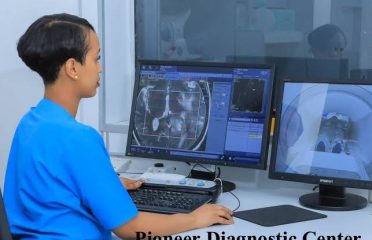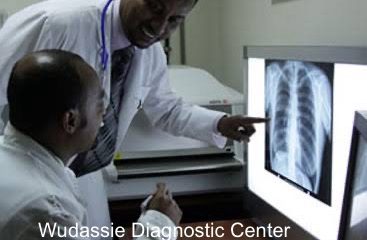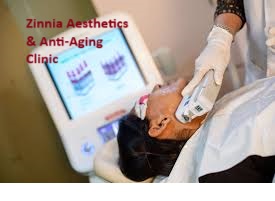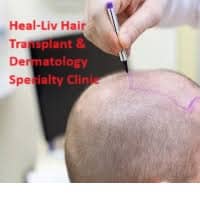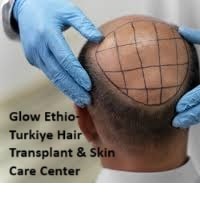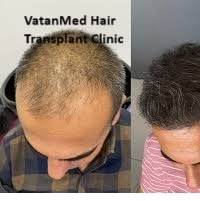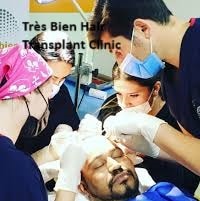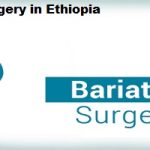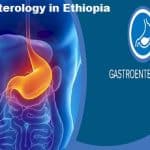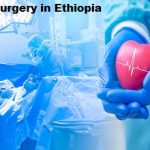Top 10 General Surgeries Cost in Ethiopia
1. Breast Tumor Removal Cost in Ethiopia – $5,380
Breast tumor removal surgery, also known as a lumpectomy or partial mastectomy, is a procedure in which a tumor and a small margin of surrounding healthy tissue is removed from the breast. This surgery is typically done as a treatment for breast cancer. The main goal of a lumpectomy is to remove the tumor while preserving as much of the healthy breast tissue as possible. Symptoms of a breast tumor include a lump in the breast, changes in the size or shape of the breast, or discharge from the nipple. Treatment is needed to remove the cancerous tumor and prevent it from spreading to other parts of the body. In some cases, radiation therapy or chemotherapy may be recommended in addition to surgery. The cost of breast tumor removal in Ethiopia is $5,380.
2. Gastrectomy Cost in Ethiopia – $3,382
Gastrectomy surgery is a surgical procedure in which a portion or all of the stomach is removed. This surgery is typically done to treat conditions such as stomach cancer, gastric ulcers, or severe obesity. The surgery is performed under general anesthesia & usually involves an incision in the abdomen. Depending on the extent of the surgery, the stomach may be partially or completely removed. In some cases, the remaining stomach may be reconnected to the small intestine, while in others a new opening may be created for the small intestine to connect to. The treatment is necessary to cure the underlying condition and prevent recurrence or progression of the disease. In Ethiopia, the cost of gastrectomy is $3,382.
3. Hepatectomy Cost in Ethiopia – $5,226
Hepatectomy surgery is a procedure in which a portion or the entire liver is removed. This surgery is typically done to treat conditions such as liver cancer, benign tumors, or severe liver damage from cirrhosis. Symptoms that may warrant hepatectomy surgery include abdominal pain, weight loss, jaundice, and weakness. The treatment is needed when the liver is affected by cancer or other diseases that cannot be treated with medication or other forms of therapy. The treatment cost of Hepatectomy in Ethiopia is $5,226.
4. Liver Transplant Cost in Ethiopia – $49,190
A liver transplant is a surgery where a damaged or diseased liver is removed and replaced with a healthy liver from a deceased or living donor. The procedure is typically done to treat liver failure, which can be caused by a variety of conditions such as cirrhosis, hepatitis, or cancer. In advanced stages, the liver may be unable to remove toxins from the body, leading to coma or death. When the liver is damaged, it can no longer function properly, leading to serious health problems. A liver transplant is often the only treatment option for those with advanced liver failure. The cost of a liver transplant in Ethiopia is $49,190.
5. Mastectomy Cost in Ethiopia – $5,380
Mastectomy is a procedure that involves the removal of one or both breasts. It is typically done to treat or prevent breast cancer. The procedure can be done on a person with a breast cancer diagnosis or on someone who is at high risk of developing breast cancer due to genetic factors or other risk factors. The symptoms that may lead to a mastectomy include a lump in the breast, changes in the size or shape of the breast, discharge from the nipple, and changes in the skin of the breast. These symptoms may indicate the presence of breast cancer, and a mastectomy may be recommended as a treatment option. In Ethiopia, the cost of Mastectomy is $5,380.
6. Splenectomy Cost in Ethiopia – $5,534
Splenectomy is a surgical procedure in which the spleen is removed. The procedure is typically done to treat conditions such as: Enlarged spleen (splenomegaly), blood disorders, such as sickle cell anemia or thalassemia, trauma to the spleen and cancer in the spleen. The cost of Splenectomy in Ethiopia is $5,534.
7. Thyroidectomy Cost in Ethiopia – $7,993
Thyroidectomy is a procedure in which all or part of the thyroid gland is removed. Thyroidectomy is typically done to treat conditions such as thyroid cancer, hyperthyroidism (overactive thyroid), or goiter (enlargement of the thyroid gland).
After the surgery, treatment is needed to replace the hormones that the thyroid gland would normally produce. This is done through the use of synthetic hormones, which must be taken for life. Follow-up care and monitoring is also important to ensure that the condition is under control and to detect any potential complications from the surgery. In Ethiopia, the treatment cost of Thyroidectomy is $7,993.
8. Esophagectomy Cost in Ethiopia – $6,917
The esophagus is removed whole or in part during an esophagectomy treatment. The procedure is typically done to treat cancer of the esophagus, but it may also be used for other conditions such as severe strictures or Barrett’s esophagus. Esophagectomy is a major surgery that is usually done under general anesthesia. The procedure can be performed in several different ways, including open surgery or minimally invasive surgery. The cost of Esophagectomy in Ethiopia is $6,917.
9. Hiatal Hernia Surgery Cost – $2,921
A hiatal hernia is a disorder where a piece of the stomach protrudes into the chest through a hole in the diaphragm. Hiatal hernia surgery is a surgical treatment used to treat this condition.
This condition can cause symptoms such as heartburn, acid reflux, chest pain, and difficulty swallowing. The surgery is typically done to alleviate these symptoms and prevent complications such as chronic acid reflux, which can lead to damage to the esophagus and throat. The surgery involves repairing the hole in the diaphragm and repositioning the stomach back into its proper place in the abdomen. This can be done through open surgery or laparoscopic surgery, depending on the size and type of hernia. In Ethiopia, Hiatal Hernia Surgery costs $2,921.
10. Orchidopexy Cost in Ethiopia – $5,688
Orchidopexy is a surgical procedure performed to correct a condition called undescended testicle (or cryptorchidism). In this condition, either one or both testicles do not reach the scrotum before birth. The primary reason for performing orchidopexy is to ensure that the testicles are in their proper location for proper temperature regulation, which is crucial for sperm production. Additionally, it can help prevent future complications such as hernias, torsion, and testicular cancer. The cost of Orchidopexy in Ethiopia is $5,688.


